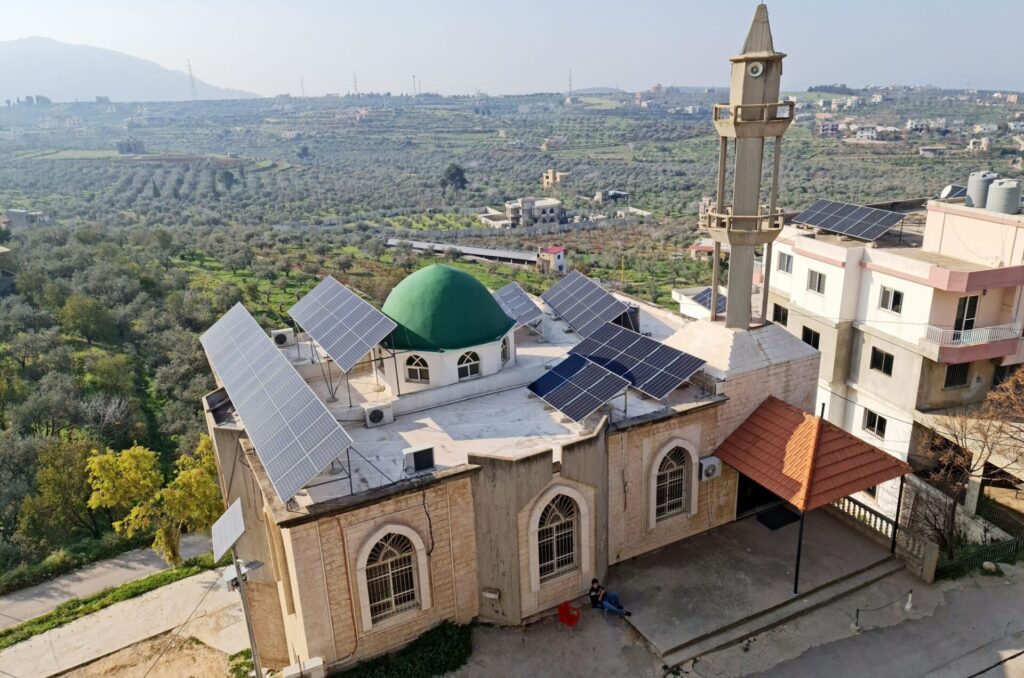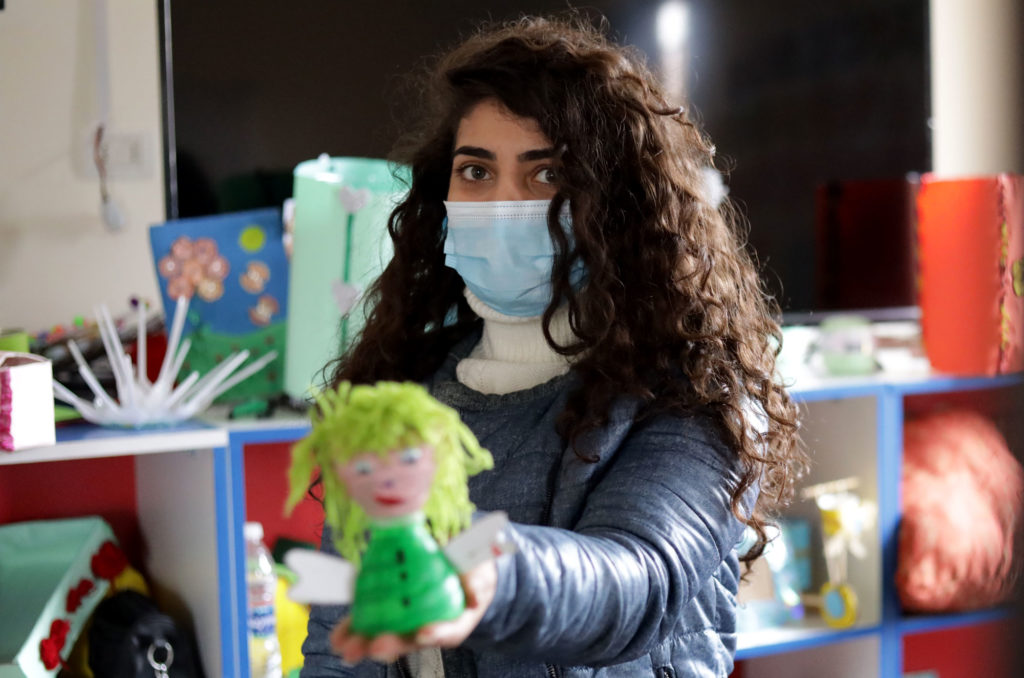Nov, 2009
The summer war of 2006 in Lebanon left in its wake fires, cluster bombs and other unexploded ordinance.
When added to the problems arising from overgrazing, urban development and pests, the once dense forests in the hills of southern Lebanon face a severe crisis. Anera’s vision is to bring back to life these pine forests, restoring their natural beauty for the next generation.
Anera joined with local partners to protect and restore the environment through a number of coordinated reforestation projects. Our chief local partner, the Association for Forests, Development, and Conservation (AFDC), works with local communities to help them protect and manage their environment.
Anera first assisted AFDC by providing an excavator for land reclamation work in the Arqoub region. The excavator saves time and money, allowing workers to plant more than a hundred trees a day. Now, with support from Anera and other donors, the AFDC is built a new nursery in the village of Mimes, producing about 70,000 saplings per year.
One year’s production is enough to replant the 280 acres of forest lost in the 2006 war in the cluster of villages around Fardis.
A GREENER PEACE IN LEBANON
Anera is working with farming families in Lebanon who operate on a small scale and depend on agriculture as their sole income. The 2006 war in Lebanon did damage to their production capacity and farmers are facing high production costs. They also are unable to compete in terms of the quality and value of their produce, having relied on traditional fruits that don’t garner high prices on the market.
By distributing more than 6,000 trees throughout the war-torn Upper Baalbeck and Hasbaya areas of Lebanon, Anera is helping farmers raise their level of income through cultivating high-value crops such as almonds, plums, cherries, peaches, pomegranates, apples, pears and olives.
Anera’s is helping farmers grow more, better quality fruit at a lower cost, allowing them to provide for
Joseph Ishaq lives in the village of Deir Ahmar with his wife and five children. Typical of many people in the area, he supported himself by holding several maintenance jobs. In order to exercise more freedom and for additional income, he began farming.
Four years ago Joseph planted more than two acres of grapes that he now sells to local wine producers. Because this alone was not bringing him enough income to support his family, he considered moving to the city, where he could get a better paying job. Luckily, Anera’s project has allowed him to expand his production so he can stay in the area. He received 60 apple saplings that he planted on half an acre of newly reclaimed land with the help of YMCA agricultural engineers. He hopes to increase his fruit tree holdings further.
On top of receiving fruit tree saplings, 100 farmers have attended seminars on topics such as fruit tree production, marketing, weeds, diseases, and pest control, and received technical assistance from the experts at the American University of Beirut (AUB) and the YMCA.
Lebanon’s agricultural sector suffered terribly from the wars and disruption of the last 35 years. This collaborative effort of Anera, the YMCA, and AUB seeks to help people living in rural areas find sustainable livelihoods and revitalize the agricultural sector, so that farmers like Joseph can care for themselves and their families.
REFORESTATION OF SOUTH LEBANON
During the war in 2006, hundreds of acres of forest were lost to fires and several thousand acres of agricultural land were littered with cluster bombs and unexploded ordnance. For families in South Lebanon the devastation of homes, schools, and infrastructure was further compounded by the danger of these ordinances.
Anera, with its local partner, the Association for Forests, Development, and Conservation (AFDC), worked with local communities to help protect and manage their environment. AFDC’s Reforestation Program trained volunteer units in local communities to fight forest fires, maintain protected areas, run environmental education in the community and help with reforestation projects.


